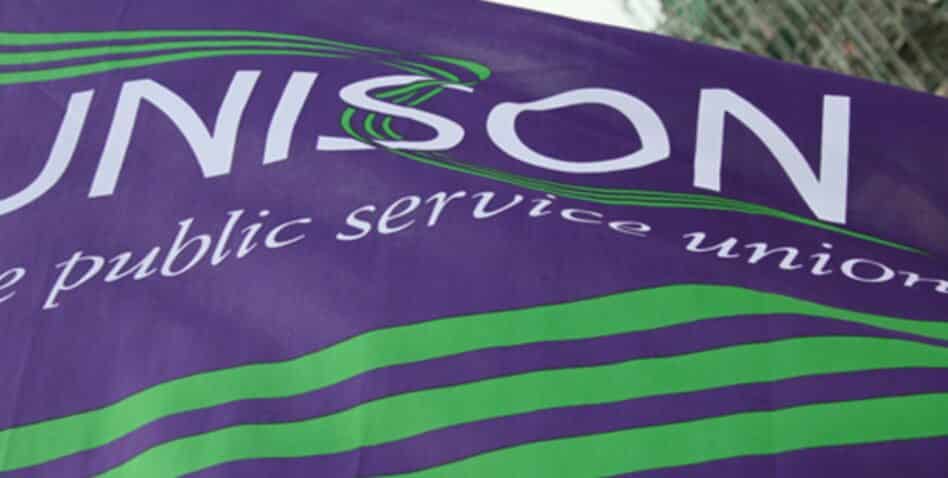

By Jeremy Dewar
Local councils and their workers are often the forgotten victims of austerity past and present. They are responsible for so many services that communities rely on, from housing and schools to the local environment and social workers. Yet cut after cut has decimated these services and the workforce that provides them.
This is reflected in their pay, which has stagnated or shrunk since 2010. The 2024 pay deal of just £1,290 or 3% fails to significantly reverse this trend. So it is a blow, both to council workers and the communities they serve, that the recent England and Wales pay ballots in Unison, GMB and Unite all failed to produce valid votes for national strike action.
GMB’s leadership recommended the deal on offer and received the result they wanted. And while Unite won in a number of isolated workplaces, it was the failure of the majority union, Unison, to get across the 50% turnout threshold that sunk the campaign. Activists must now examine why this happened or they will face the coming budget cuts defenceless.
Workplace organisation
Only three Unison branches—Barnet, Knowsley and Wirral—climbed over the threshold. Nationally the average turnout was 37%. These branches are to be congratulated, of course, and the rest of us need to learn what we can from their success.
However, the methods of phone banking, workplace meetings and appointing ‘pay champions’ are all well-known and generally adopted. The malaise in Unison runs deeper than this.
All three successful branches, and many of those that came close, have long traditions of good organisation and, in the case of Barnet at least, a track record of mounting strike action. Turnout was everywhere far better in those departments and workplaces where active stewards were in place. It is this we must build on and replicate nationally.
Time for Real Change is the only broad left in Unison. So far it has focused almost exclusively on winning elections, with the upcoming general secretary election uppermost in its priorities. But winning a narrow majority on the national executive has done little to fix the union.
Instead TFRC must turn towards strengthening workplace organisation, recruiting more shop stewards, training them to take on their managers and winning them to the methods of independent rank and file activity. With cuts being prepared by councils facing huge budget shortfalls, this is an urgent task.
Indeed, if nothing else, the candidate selected by TFRC to stand for general secretary should dedicate her campaign to this issue.